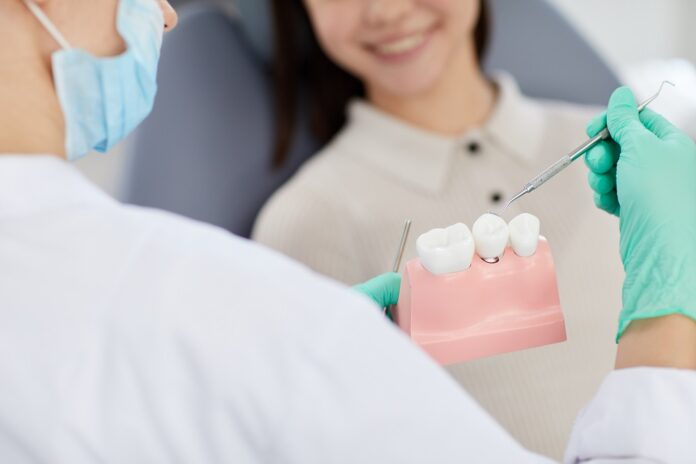
Losing your teeth is more common than most people realize, and studies show that nearly 70 percent of adults will lose at least one permanent tooth by the time they reach the age of 44. If you’re in the process of losing your teeth, think that this is a likely possibility for you, or morbidly curious about what to expect, it’s a good idea ot do a little bit of research on dental implants. A dental implant is a prosthetic tooth that’s affixed to either your jaw or your skull depending on where you need the tooth. There are many ways in which you might end up with a dental implant, and a few of those reasons are listed below.
Acute Trauma
Even though healthy teeth are very durable, acute trauma can happen at any time and to anyone. Whenever an individual is hit near or in the mouth, a tooth can become permanently dislodged. In most cases, a tooth that has been dislodged cannot be reattached to a person’s jaws because the blood vessels and nerves have been permanently severed. That being said, dentists and patients should attempt to save the tooth first by heading to an emergency dental center right away to see if the tooth can be saved. Only after it becomes clear there’s nothing to be done will a dentist then suggest dental implants.
Gum Disease
Also known as periodontitis, gum disease is a very common health problem that continues to be one of the leading causes of tooth loss. When the gums aren’t healthy, it will be very difficult for the roots of a tooth to maintain a strong connection to one of the jaws, especially if the disease is allowed to continue without intervention. If the disease remains untreated and you lose multiple teeth, then your dentist might suggest all on 4 dental implants to completely restore your smile.
Tooth Infections
When a tooth becomes damaged or infected, such as through a crack in the tooth that allows tooth decay, there is a very good chance that the bacteria will spread if the cavities or fractures aren’t treated right away. Over time, the infection can make its way to the interior of a tooth and permanently damage the pulp inside. Root canals can sometimes be carried out to treat infected pulp, but some patients must have to have their teeth extracted and replaced with one or more implants instead.
Bone Loss
Any health problems that weaken or destroy the bone structures in your mouth can also lead to your tooth loss. That includes health complications such as diabetes, lupus, multiple sclerosis, and various forms of arthritis. Gum disease also has the potential to cause bone loss, meaning it’s even more important for you to try and avoid it as best you can. Smoking, heavy drinking, and other unhealthy lifestyle habits can increase an individual’s risk of weakened bones and tooth loss as well, especially the older they get or the longer these lifestyles continue.
While it might seem like losing one or more missing teeth is nothing more than a minor cosmetic problem, the reason behind the tooth loss could be a serious issue that shouldn’t be ignored. It’s very easy to lose your teeth through trauma, neglect, or disease, and it’s up to you to do what you can to avoid anything that could cause you to lose your teeth. After all, replacing your teeth with implants will allow you to once again eat, drink, and smile with confidence for years to come, but you should also focus on treating the reasons behind your tooth loss as well.














